
Today, I asked Lorina Stephens, writer, editor, and publisher of Fiver Rivers Publishing to talk about the writing business. Before your read her article, note that Feb. 1 begins Women in Horror Month and I’ll be featuring different women who write horror. Take it away, Lorina.
The Hat Tree I Tango With

Copyright Lorina Stephens
In 1980 I took a fall. A rather spectacular fall which is far too embarrassing to discuss in polite company. That fall had me laid up, with two small children careening through my days, and a gentle man of a husband slogging it out trying to keep us all afloat. I thought I would go insane during those months with nothing to do but recover and play with my bairns—that’s bairns, not brains. While I loved them—the bairns, not the brains—greatly, there’s only so far you can take Sesame Street and the quality of Pampers in conversation. I found myself creating doggerel out of Shakespeare: the quality of Pampers is not strained…. Trust me, you don’t want to know the rest.
So, I thought I would write a novel, which turned into three, which was in reality a trilogy with a great concept and all the wrong words. But that first foray into the rigors of being a full-time writer taught me a great deal about discipline not just of working hours, but of the economy and efficacy of words. So, I wrote another novel. And then another.
We moved to the country. Great! While parents, in-laws and friends fretted I was too isolated, spent too much time alone, I kept bashing away at the keyboard while the children were at school. I discovered one of the local newspapers was receptive to a column, which morphed into a half page feature called Lorina’s People. In between writing about worlds in my head, and characters who whispered over my shoulder while ferrying the kids thither and yon, I interviewed the diverse and rich society of artists and entrepreneurs in my region, and wrote about them. I wrote about them so much I found myself a celebrity in a small, regional pond.
That gig led to another with a regional lifestyle magazine, a gig I talked my way into  when I lied to the editor and said sure I had images of hummingbirds. How hard could it be to capture the little buggers on film, I figured. Several rolls of blank film later, and then a new 35mm SLR Canon with a zoom lens, I had the article, and the images. The economy of that enterprise put me at almost break even on the gig.
when I lied to the editor and said sure I had images of hummingbirds. How hard could it be to capture the little buggers on film, I figured. Several rolls of blank film later, and then a new 35mm SLR Canon with a zoom lens, I had the article, and the images. The economy of that enterprise put me at almost break even on the gig.
Undaunted, I took that camera, my tape recorder, and my wit and carved myself a wee niche as a journalist, all the while bashing out fiction, mostly novels. I even ended up as the assistant editor for the lifestyle magazine, and just before they were bought out, and subsequently folded, I was asked if I would consider taking over as editor. The answer to that was no, simply because I was not prepared to assist in the crucifixion of the man who had given me a remarkable break.
Somewhere in between all that I wrote a book with my husband, Gary—who had taken over as photographer, thank the gods—on the Niagara Escarpment, which was published by Boston Mills Press. That took up two years of our lives. I wrote and researched, and wrote some more, then researched some more, digging through dusty archives and white-glove-only stacks. We traveled the length of the escarpment several times, often hauling our two unwilling urchins with us, thinking it would be a great experience for them. I sorted through 3600 35mm transparencies, and around 150 4x5s, all Gary’s work. It was a memorable two years, and some of those moments I will carry with me as nuggets of wonder until the day I die. And it’s important to understand that while I was cutting my teeth on the importance of accurate research, I wrote that book for Gary, so there would be a showcase for the remarkable photographs he captured.
 I spent the next nine years perfecting a historical fantasy, Shadow Song, and tried to find a publisher for it. Had several near misses. It was cultural appropriation. It was genre-crossing. It was a square peg looking for a home in a world of round holes. Two agents tried to market the novel. And still no joy.
I spent the next nine years perfecting a historical fantasy, Shadow Song, and tried to find a publisher for it. Had several near misses. It was cultural appropriation. It was genre-crossing. It was a square peg looking for a home in a world of round holes. Two agents tried to market the novel. And still no joy.
Then the publishing industry started a remarkable evolution, and print on demand with distribution became a viable entity.
Never one to back away from taking a risk, or flying in the face of common practice, I launched myself and that novel into self-publishing, defying anyone to tell me the work and the printed product weren’t up to standard. While some lauded my venture and work, others sniffed. But never mind. I’d achieved something remarkable. And fearlessly, I carried on.
But life is a fascinating journey, and while you’re busy making other plans, things happen. Or rather, you allow things to happen.
A colleague had a dictionary of historical colour names and definitions she wanted to publish, called Elephant’s Breath and London Smoke: Historical Colour Names, Definitions, and Uses in Fashion, Fabric and Art, and would I consider, so I did, and voila, I edited and created a book. It sold very well. And then another colleague came along and said I should print his book on how to write a book in 60 days. So I did. And it sold really well. And so and so and so.
Like most everything in my life, the journey from writer to publisher just sort of happened. One day I fell off a desk and was injured. The next I was hammering out stories. And the next I was publishing other people’s work, watching that work go on to be shortlisted for awards, tucking a catalogue of nearly 70 books under my wing after a decade, along with some 30 or so writers whose work I’ve given voice.
And somewhere along the way my own voice sort of faded. There wasn’t time to write. There wasn’t time or resources to promote my own work when I was deeply committed to giving voice to, and promoting the work of the writers I’d pledged to publish. How could I appropriate a portion of the budget for my work when there was this very profound obligation I’d undertaken?
So it took me some five years to write, polish and publish From Mountains of Ice, a  cultural fantasy, about two to dust off and polish my speculative fiction, Caliban, and then another five to complete a modern novel of magic realism called The Rose Guardian. That novel releases September 1, 2019. It’s probably the best thing I’ve ever written, and also the hardest. And after this I probably will seldom speak of it and instead turn people to the next novel by Michael Skeet, or the two posthumously published novels by Dave Duncan, or any of the audiobooks being released next year. Or even Tesseracts 22: Alchemy and Artifacts, which I’ve edited with Susan MacGregor, and also releases next year.
cultural fantasy, about two to dust off and polish my speculative fiction, Caliban, and then another five to complete a modern novel of magic realism called The Rose Guardian. That novel releases September 1, 2019. It’s probably the best thing I’ve ever written, and also the hardest. And after this I probably will seldom speak of it and instead turn people to the next novel by Michael Skeet, or the two posthumously published novels by Dave Duncan, or any of the audiobooks being released next year. Or even Tesseracts 22: Alchemy and Artifacts, which I’ve edited with Susan MacGregor, and also releases next year.
That doesn’t mean I don’t still believe in my own work. It just means I have an overriding commitment to others.
Has being a publisher honed my own skills as a writer? Without question. Ask anyone who has been on the receiving end of one of my edits, and they will tell you I am a bear about the nuances of the English language, of historical accuracy and material culture, of the necessity of good grammar and spelling. And in all of that I find myself craving a well-crafted plot, with a tight story arc. In seeking these requirements in the work I read, and in the work I edit and publish, I find myself continually questioning every word, every phrase, every aspect of the way my own story unfolds. Whose voice is this? What is their raison d’être? How do they interact with their environment, with the people and creatures around them? To borrow a phrase from Den Valdron: how do they live? And moreover, what are their justifications?
Would I change this journey if I had it to do again? Not sure. Don’t think so. Because every occurrence had a lesson, taught me something, either directly about writing, or about life which is sort of the same thing because all of life is reflected in art.
What’s next? More of the same. It works. Or rather I make it work.
Lorina Stephens has worked as editor, freelance journalist for national and regional print media, is author of eight books both fiction and non-fiction, been a festival organizer, publicist, lectures on many topics from historical textiles and domestic technologies, to publishing and writing, teaches, and continues to work as a writer, artist, and publisher at Five Rivers Publishing.
She has had several short fiction pieces published in Canada’s acclaimed magazine Postscripts to Darkness, Neo-Opsis, Deluge, Strangers Among Us, and Marion Zimmer Bradley’s fantasy anthology Sword & Sorceress X.
Her book credits include:
- The Rose Guardian, Five Rivers Publishing, 2019
- Caliban, Five Rivers Publishing, 2018
- Stonehouse Cooks, Five Rivers Publishing, 2011
- From Mountains of Ice, Five Rivers Publishing, 2009
- And the Angels Sang, Five Rivers Publishing, 2008
- Shadow Song, Five Rivers Publishing, 2008
- Recipes of a Dumb Housewife, Lulu Publishing 2007
- Credit River Valley, Boston Mills Press 1994
- Touring the Giant’s Rib: A Guide to the Niagara Escarpment; Boston Mills Press 1993
Lorina Stephens is presently working on a new novel, Hekja’s Lament. She lives with her husband of four decades in a historic stone house in Neustadt, Ontario. You can find her at lorinastephens.com, Facebook, and Twitter @LorinaStephens.

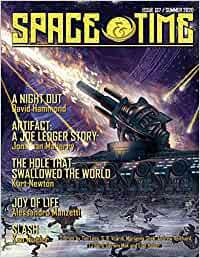
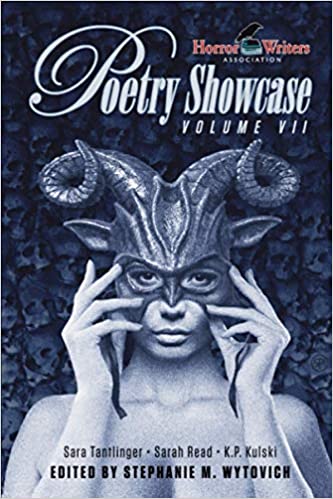
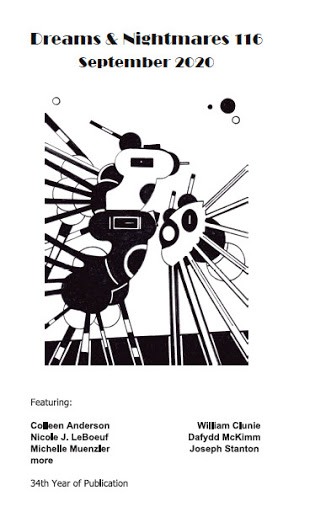
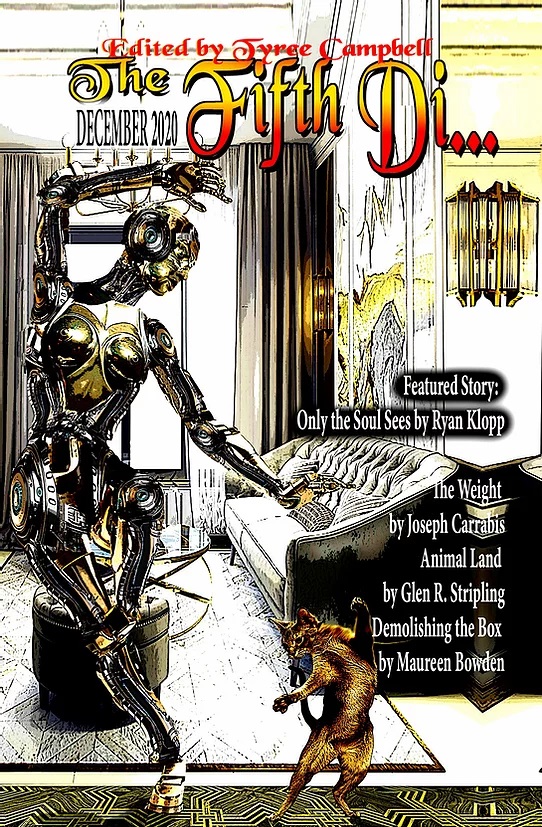
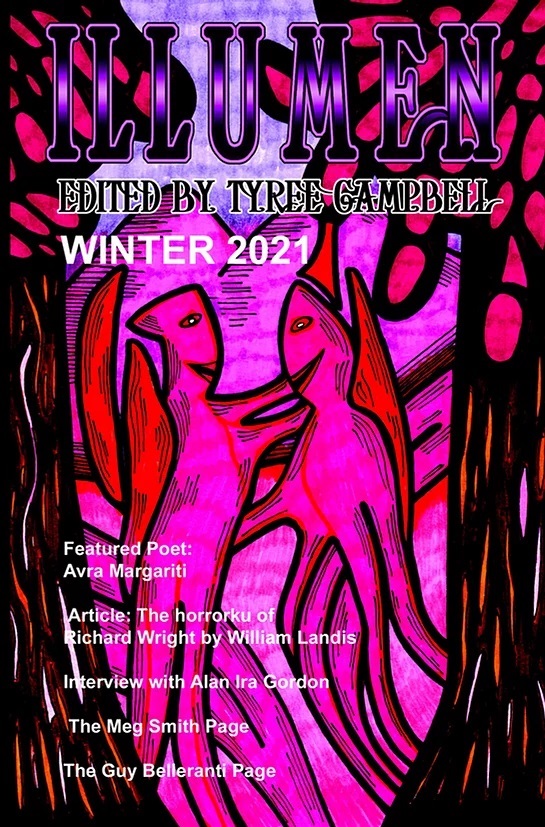
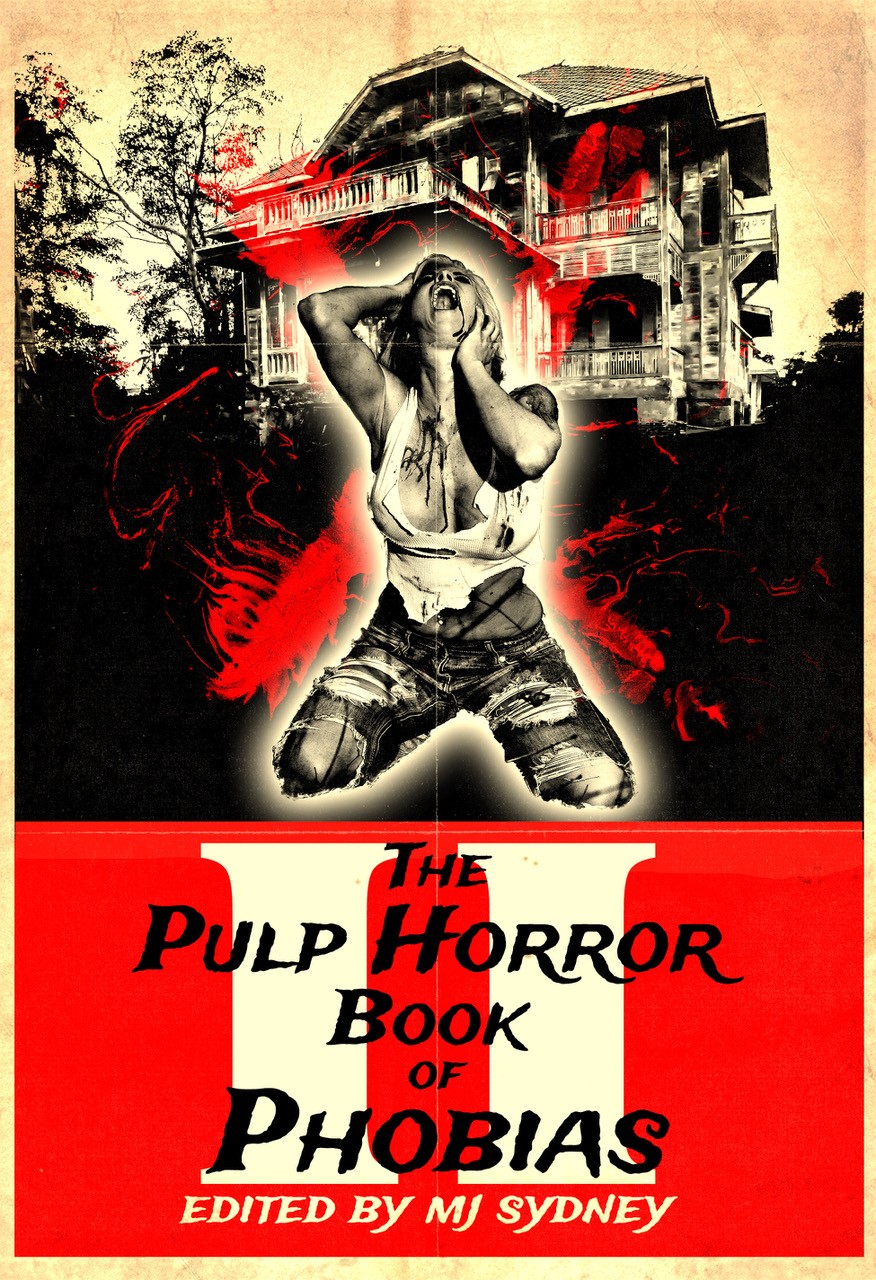

 Well, I don’t think there is much point in singing the pandemic song. This might be the only time in recent world history, or ever, where the world is experiencing the same event at the same time, and we’re all in the same boat. Isolation, depression, sadness, frustration, anger, fear: it’s affecting all of us in different ways. We don’t know if our world will ever go back to what it was and maybe all of it shouldn’t.
Well, I don’t think there is much point in singing the pandemic song. This might be the only time in recent world history, or ever, where the world is experiencing the same event at the same time, and we’re all in the same boat. Isolation, depression, sadness, frustration, anger, fear: it’s affecting all of us in different ways. We don’t know if our world will ever go back to what it was and maybe all of it shouldn’t.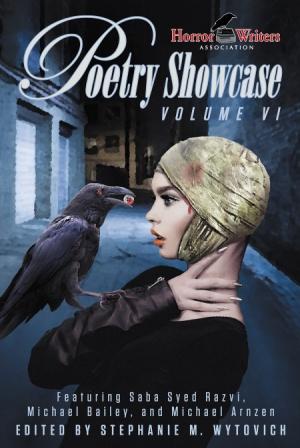 I’d add this into the post, also for my friend Vie. Besides Horror Tree, I also check out
I’d add this into the post, also for my friend Vie. Besides Horror Tree, I also check out 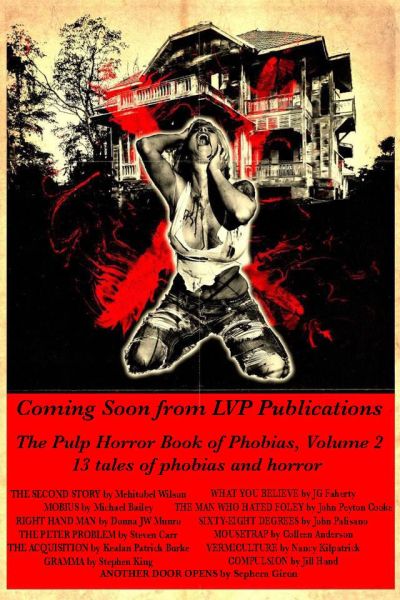 Onto other news. I was awarded a BC Arts Council Grant in March. Oddly it was for an application from last year but I’m not saying no to funds for my writing trips. Engen Books in eastern Canada sponsors the Kit Sora flash fiction–flash photography monthly contest. I’ve used the short 250 word entries as a way to continue writing while grieving my bother’s death last year. In Dec. I came third place with “
Onto other news. I was awarded a BC Arts Council Grant in March. Oddly it was for an application from last year but I’m not saying no to funds for my writing trips. Engen Books in eastern Canada sponsors the Kit Sora flash fiction–flash photography monthly contest. I’ve used the short 250 word entries as a way to continue writing while grieving my bother’s death last year. In Dec. I came third place with “ Why should women get short shrift? Women in Horror Month (February) is the shortest month of the year, even in a leap year! So, with that in mind, I’m doing my own extension of Women in Horror. I’ve featured 30 female poets, with Ann Scwader as guest today. There have been many award winners, nominees and extremely well published poets. I’ve had the chance to read more of their works and also read some new poets. Stay tuned; I’ll be featuring other writers from time to time, both male and female. I hope you’ve enjoyed these short interviews as well and continue to search out other works by the authors. The world is a vast and rich place, and the worlds shown by these poets expand those horizons.
Why should women get short shrift? Women in Horror Month (February) is the shortest month of the year, even in a leap year! So, with that in mind, I’m doing my own extension of Women in Horror. I’ve featured 30 female poets, with Ann Scwader as guest today. There have been many award winners, nominees and extremely well published poets. I’ve had the chance to read more of their works and also read some new poets. Stay tuned; I’ll be featuring other writers from time to time, both male and female. I hope you’ve enjoyed these short interviews as well and continue to search out other works by the authors. The world is a vast and rich place, and the worlds shown by these poets expand those horizons.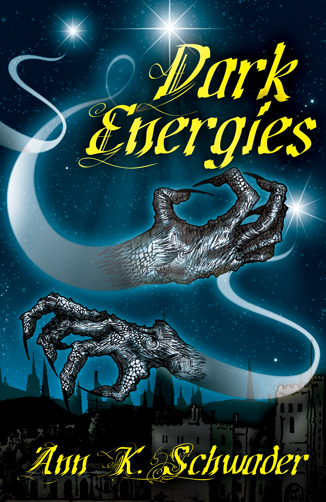
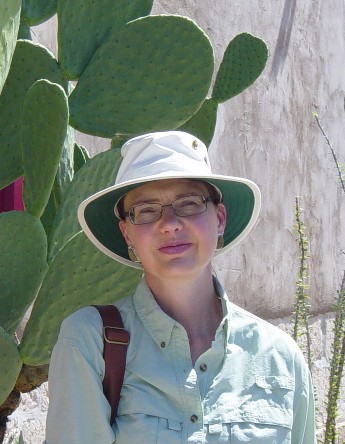 Ann K. Schwader is a poet, short fiction writer, and occasional reviewer of SF and dark works. She lives, writes, and volunteers at her local branch library in suburban Colorado. Her eighth speculative poetry collection, Unquiet Stars, is forthcoming from Weird House Press in late 2020.
Ann K. Schwader is a poet, short fiction writer, and occasional reviewer of SF and dark works. She lives, writes, and volunteers at her local branch library in suburban Colorado. Her eighth speculative poetry collection, Unquiet Stars, is forthcoming from Weird House Press in late 2020.
 Why do you write poetry?
Why do you write poetry?
 What projects (publications) are you working on or have coming up?
What projects (publications) are you working on or have coming up? metaphysical nonfiction. She is the author’s liaison for the academic journal Coreopsis: Journal of Myth and Theatre, and writes a quarterly column for Star*Line. She also helms Rev. Dee’s Apothecary: a New Orleans-Style Botanica, available online at
metaphysical nonfiction. She is the author’s liaison for the academic journal Coreopsis: Journal of Myth and Theatre, and writes a quarterly column for Star*Line. She also helms Rev. Dee’s Apothecary: a New Orleans-Style Botanica, available online at  What is it about dark (speculative) poetry that you think attracts people to read it?
What is it about dark (speculative) poetry that you think attracts people to read it? helpful.
helpful. Tiffany Morris is a Mi’kmaw writer of speculative poetry and fiction. She is the author of the chapbooks Havoc in Silence (Molten Molecular Minutiae, 2019) and It Came From Seca Lake! Horror Poems from Sweet Valley High (Ghost City Press, 2019). Her work has been featured in Room Magazine, Prairie Fire, and Eye to the Telescope, among others. Find her on twitter @tiffmorris or at
Tiffany Morris is a Mi’kmaw writer of speculative poetry and fiction. She is the author of the chapbooks Havoc in Silence (Molten Molecular Minutiae, 2019) and It Came From Seca Lake! Horror Poems from Sweet Valley High (Ghost City Press, 2019). Her work has been featured in Room Magazine, Prairie Fire, and Eye to the Telescope, among others. Find her on twitter @tiffmorris or at  Today, for Women in Horror Month, we’re back to Canada with Sara C. Walker who gives a list of some inspiring female authors and Canadian writers who do science fiction horror.
Today, for Women in Horror Month, we’re back to Canada with Sara C. Walker who gives a list of some inspiring female authors and Canadian writers who do science fiction horror.


 Sara C. Walker writes fiction, usually urban fantasy, from short stories to novels. “True Nature” can be found in Alice Unbound: Beyond Wonderland (Exile Editions, ed. Colleen Anderson) and “If Wishes Were Pennies” in Canadian Creatures (Schreyer Ink Publishing, ed. Casia Schreyer). Forthcoming stories include “Stag and Storm” in Canadian Dreadful (Dark Dragon Press, ed. David Tocher) and “Call of the Ash” in Not Just A Pretty Face (Dead Light Publishing). She’s edited two anthologies of stories set in the Kawartha Lakes. When not writing, she works at a library and is always ready to give reading suggestions. You can find out more at
Sara C. Walker writes fiction, usually urban fantasy, from short stories to novels. “True Nature” can be found in Alice Unbound: Beyond Wonderland (Exile Editions, ed. Colleen Anderson) and “If Wishes Were Pennies” in Canadian Creatures (Schreyer Ink Publishing, ed. Casia Schreyer). Forthcoming stories include “Stag and Storm” in Canadian Dreadful (Dark Dragon Press, ed. David Tocher) and “Call of the Ash” in Not Just A Pretty Face (Dead Light Publishing). She’s edited two anthologies of stories set in the Kawartha Lakes. When not writing, she works at a library and is always ready to give reading suggestions. You can find out more at 



 Colleen Anderson is a Canadian author with over two hundreds works published including fiction and poetry. She has two fiction collections, Embers Amongst the Fallen, and A Body of Work which was published by Black Shuck Books, UK in 2018. She has been longlisted for a Stoker Award and shortlisted for the Aurora and Gaylactic Spectrum Awards, as well as having placed in several poetry contests. A recipient of a Canada Council Grant, Colleen has served on Stoker and British Fantasy Award juries, copyedited for publishers, and edited three anthologies (
Colleen Anderson is a Canadian author with over two hundreds works published including fiction and poetry. She has two fiction collections, Embers Amongst the Fallen, and A Body of Work which was published by Black Shuck Books, UK in 2018. She has been longlisted for a Stoker Award and shortlisted for the Aurora and Gaylactic Spectrum Awards, as well as having placed in several poetry contests. A recipient of a Canada Council Grant, Colleen has served on Stoker and British Fantasy Award juries, copyedited for publishers, and edited three anthologies (

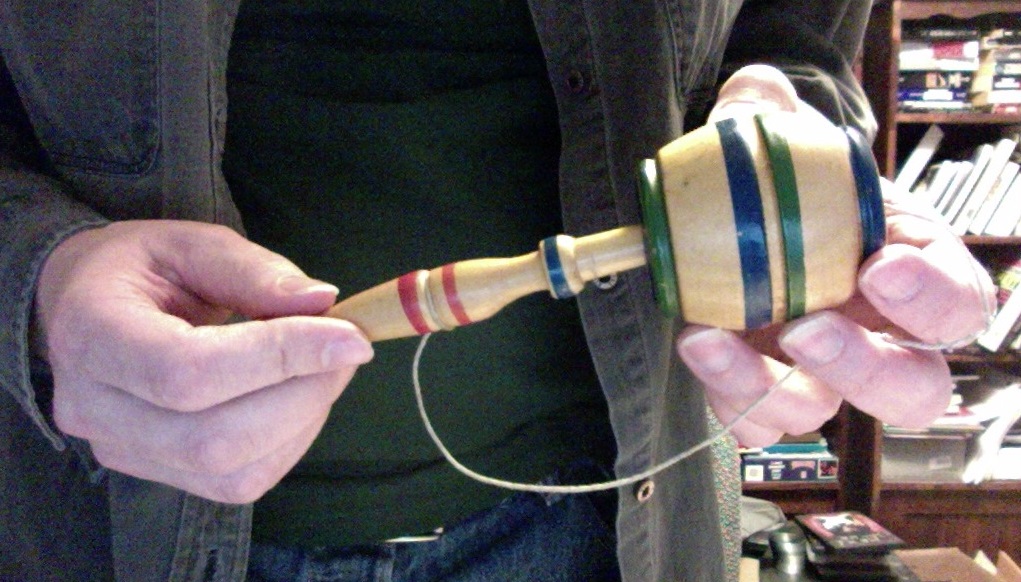 In the space of just under 40 years, so much has changed. Girls’ house league and rep teams abound in many areas of Canada. Women’s hockey is now in the Olympic Games—something that I would have found difficult to imagine in the late 1970s.
In the space of just under 40 years, so much has changed. Girls’ house league and rep teams abound in many areas of Canada. Women’s hockey is now in the Olympic Games—something that I would have found difficult to imagine in the late 1970s. Fan participation in certain aspects of sport has broadened—all-star voting, for example, or fantasy leagues, in which fans get to pick their “dream team” and see how they perform. The Olympic Games now include events like aerial skiing or half-pipe snowboarding, sports that weren’t even a thing back when the modern Olympics were re-vitalized in 1896. And, of course, there are increasingly sophisticated sports-themed video games, a notion that seemed light years distant back in the 1970s when we thought Atari’s Pong was a big deal.
Fan participation in certain aspects of sport has broadened—all-star voting, for example, or fantasy leagues, in which fans get to pick their “dream team” and see how they perform. The Olympic Games now include events like aerial skiing or half-pipe snowboarding, sports that weren’t even a thing back when the modern Olympics were re-vitalized in 1896. And, of course, there are increasingly sophisticated sports-themed video games, a notion that seemed light years distant back in the 1970s when we thought Atari’s Pong was a big deal.

 when I lied to the editor and said sure I had images of hummingbirds. How hard could it be to capture the little buggers on film, I figured. Several rolls of blank film later, and then a new 35mm SLR Canon with a zoom lens, I had the article, and the images. The economy of that enterprise put me at almost break even on the gig.
when I lied to the editor and said sure I had images of hummingbirds. How hard could it be to capture the little buggers on film, I figured. Several rolls of blank film later, and then a new 35mm SLR Canon with a zoom lens, I had the article, and the images. The economy of that enterprise put me at almost break even on the gig. I spent the next nine years perfecting a historical fantasy, Shadow Song, and tried to find a publisher for it. Had several near misses. It was cultural appropriation. It was genre-crossing. It was a square peg looking for a home in a world of round holes. Two agents tried to market the novel. And still no joy.
I spent the next nine years perfecting a historical fantasy, Shadow Song, and tried to find a publisher for it. Had several near misses. It was cultural appropriation. It was genre-crossing. It was a square peg looking for a home in a world of round holes. Two agents tried to market the novel. And still no joy. cultural fantasy, about two to dust off and polish my speculative fiction, Caliban, and then another five to complete a modern novel of magic realism called The Rose Guardian. That novel releases September 1, 2019. It’s probably the best thing I’ve ever written, and also the hardest. And after this I probably will seldom speak of it and instead turn people to the next novel by Michael Skeet, or the two posthumously published novels by Dave Duncan, or any of the audiobooks being released next year. Or even Tesseracts 22: Alchemy and Artifacts, which I’ve edited with Susan MacGregor, and also releases next year.
cultural fantasy, about two to dust off and polish my speculative fiction, Caliban, and then another five to complete a modern novel of magic realism called The Rose Guardian. That novel releases September 1, 2019. It’s probably the best thing I’ve ever written, and also the hardest. And after this I probably will seldom speak of it and instead turn people to the next novel by Michael Skeet, or the two posthumously published novels by Dave Duncan, or any of the audiobooks being released next year. Or even Tesseracts 22: Alchemy and Artifacts, which I’ve edited with Susan MacGregor, and also releases next year.